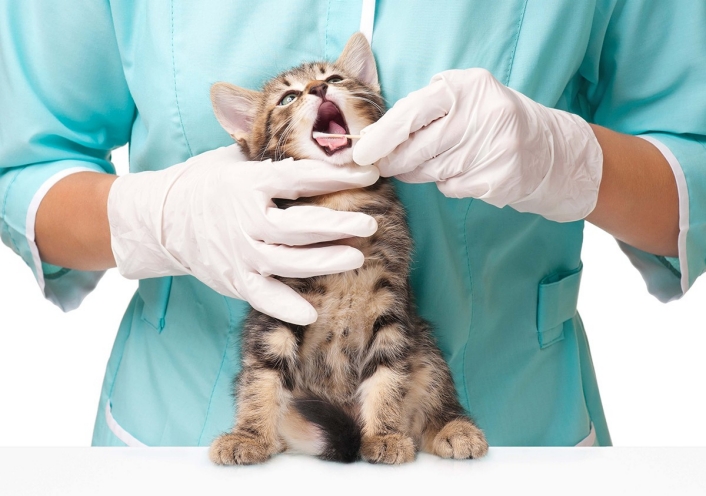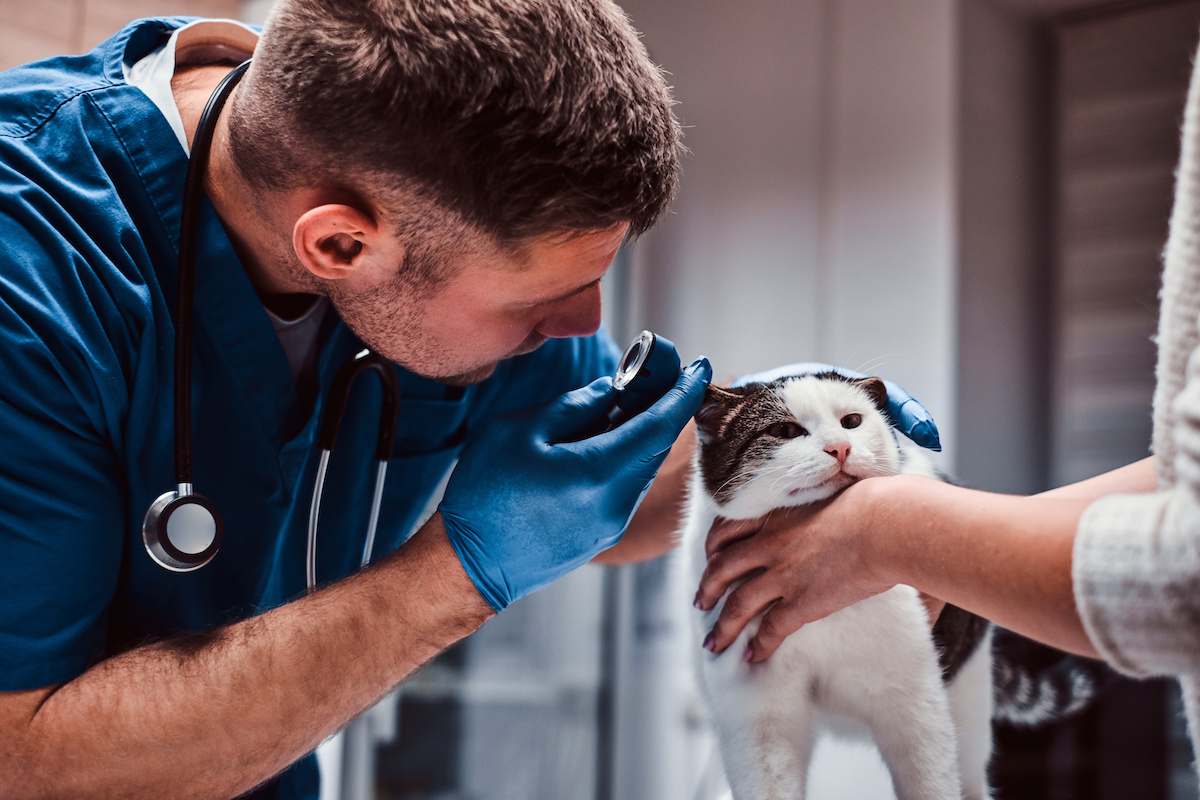Exactly How Emergency Vet Providers Can Offer Rapid and Effective Treatment for Pets
Exactly How Emergency Vet Providers Can Offer Rapid and Effective Treatment for Pets
Blog Article
Vaccination Guidelines From Your Relied On Veterinarian
Vaccination guidelines supplied by your relied on veterinarian play a vital duty in securing your animal's wellness and wellness. Additionally, resolving usual misconceptions surrounding vaccinations can further improve pet dog proprietors' confidence in these precautionary measures.

Relevance of Vaccinations
Vaccinations play a crucial role in safeguarding animals against a series of avoidable diseases. By stimulating the body immune system to identify and fight details pathogens, vaccinations dramatically minimize the occurrence of infectious illness that can affect a pet dog's wellness and longevity. Not just do inoculations protect individual pets, but they also add to herd immunity, consequently minimizing the overall occurrence of conditions in the pet population.
Timely vaccinations aid to reduce the spread of illness such as rabies, parvovirus, and distemper, which can have serious repercussions for both humans and pet dogs. Moreover, vaccinations are frequently a requirement for boarding facilities, brushing services, and pet parks, making them necessary for those that wish to mingle their family pets.

Core Injections for Family Pets
While the details inoculation demands of family pets can differ based on private variables, core injections are widely recommended to secure against the most major and common illness (Pet Vaccinations). Core vaccinations are those considered vital for all pet dogs, no matter their way of living or geographical place, as they secure against possibly deadly and highly contagious diseases
For dogs, the core injections consist of those for canine distemper, parvovirus, adenovirus (hepatitis), and rabies. Adenovirus can result in liver disease, while rabies is a zoonotic disease that presents a threat to both human beings and pet dogs.
In pet cats, core injections include feline panleukopenia, feline calicivirus, feline herpesvirus (rhinotracheitis), and rabies. Feline panleukopenia is an extremely infectious viral illness that impacts the body immune system and intestinal tracts. Calicivirus and herpesvirus are major contributors to upper respiratory infections in felines, while rabies remains a vital issue for public wellness.
Talk to your veterinarian to guarantee your pets obtain their core vaccinations on routine.
Non-Core Vaccines Explained
Non-core vaccinations are customized to resolve details risks related to a pet dog's way of living, exposure, and atmosphere to certain diseases. Unlike core vaccines, which are universally suggested for all animals, non-core vaccinations are taken into consideration based on private scenarios. These injections are specifically crucial for pet dogs that may encounter one-of-a-kind pathogens as a result of their geographical area, travel habits, or tasks.
Examples of non-core vaccinations include those for Bordetella bronchiseptica, which is linked to kennel coughing, and Lyme disease, caused by ticks. Pet dogs that often engage with other pets, such as those in boarding centers, canine parks, or brushing environments, may take advantage of Bordetella vaccination. In a similar way, if you stay in an area where Lyme illness is prevalent, immunizing against this disease can be a sensible choice for outdoor-loving pet dogs.
Various other non-core vaccinations might include those for leptospirosis, canine flu, and feline leukemia, relying on the certain risk elements existing. It is vital to have a thorough conversation with your vet concerning your family pet's lifestyle and the possible demand for these injections, ensuring a customized vaccination strategy that ideal secures your hairy good friend.
Vaccination Schedule Summary

As animals grow, it is necessary to stick to the suggested booster vaccinations. Pet Vaccinations. For adult animals, core injections are commonly provided each to three years, depending upon the certain vaccine and regional laws. Non-core vaccinations may be recommended based upon lifestyle aspects and local disease frequency, demanding a customized approach
Regular veterinary check-ups are critical for updating vaccination routines. Your veterinarian can provide guidance on one of the most appropriate immunizations for your pet dog, considering age, wellness condition, and ecological threats. By staying aggressive and informed, animal owners can ensure their furry friends get effective and prompt inoculations, thereby securing their more tips here wellness and wellness throughout their lives.
Common Misconceptions About Vaccinations
Misunderstandings about pet dog inoculations can bring about confusion and unwillingness amongst animal proprietors concerning the booster shot procedure. One prevalent misconception is that vaccinations are unneeded for indoor animals. While it's real that interior pets face lower risks, they are not totally immune to diseases, as pathogens can be presented with various methods, consisting of human clothing and other pets.
One more false impression is that injections can create the illness they aim to avoid. Actually, the majority of vaccines contain inactivated or attenuated microorganisms, which can not create illness in healthy pets. Some animal owners likewise think that their pet dogs ought to not be immunized if they are already healthy; however, inoculations are a positive measure that assists protect against the start of ailment.
Furthermore, many pet dog proprietors are afraid that vaccines will lead to lasting health and wellness complications. The advantages of vaccination-- protecting animals from potentially life-threatening illness-- much exceed the threats.
Conclusion
In recap, adherence to inoculation standards is crucial for guaranteeing the wellness and longevity of animals. Core injections give crucial security versus significant illness, while non-core vaccines address details dangers based on specific lifestyles. Establishing a comprehensive vaccination timetable, combined with regular vet exams, helps with ideal health administration. Eliminating typical myths bordering vaccinations better enhances the value of notified decision-making in family pet care. Ultimately, an aggressive method to inoculations is crucial for keeping pet dog health.
Not only do inoculations secure individual animals, yet they likewise add to herd immunity, thus decreasing visit site the total prevalence of diseases in the pet populace.
False impressions regarding pet vaccinations can lead to confusion and hesitation amongst pet dog proprietors pertaining to the immunization process. While it's real that interior pet dogs deal with reduced dangers, they are not completely immune to conditions, as microorganisms can be introduced with different ways, including human apparel and various other animals.
Some animal owners also think that their pet dogs need to not be immunized if they are currently healthy straight from the source and balanced; however, inoculations are a proactive measure that aids prevent the start of illness.
The advantages of vaccination-- safeguarding family pets from potentially serious illness-- much surpass the risks.
Report this page